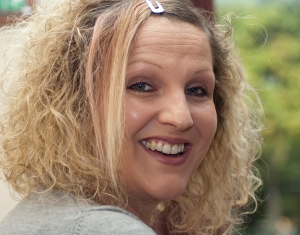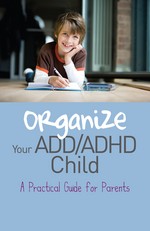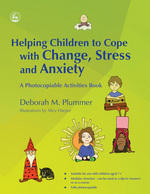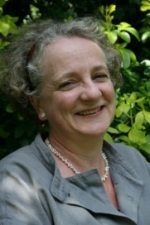Making mouth and tongue exercises fun for children with delayed speech – An Interview with Karina Hopper
“As a parent of children who had speech delay, I would have found this book an invaluable resource and many parents I’ve spoken to have said the same. The real appeal is that it is a fun book that children will enjoy, making these exercises an exciting thing to do every day which I think is important.”





